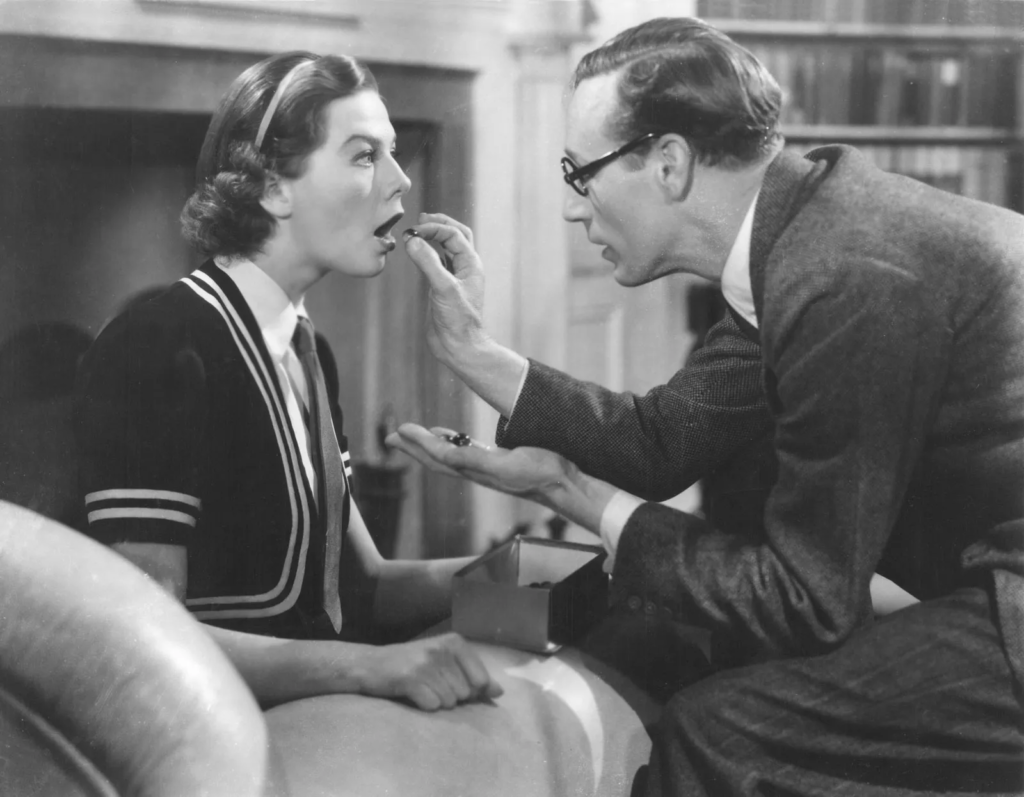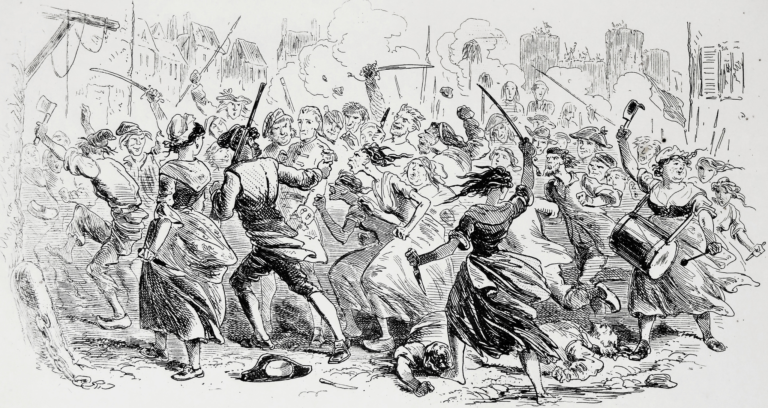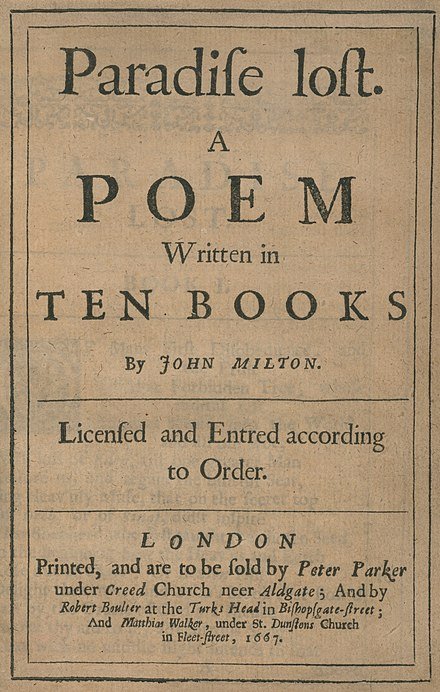“Pygmalion” by George Bernard Shaw: A Tale of Transformation and Social Class
Introduction
George Bernard Shaw’s Pygmalion is a timeless play that explores the intricacies of social class, transformation, and the profound influence of language on one’s identity. Set in Edwardian London, the story revolves around the lives of two central characters, Professor Henry Higgins and Eliza Doolittle, as they navigate the complexities of societal norms and personal growth.
Act 1: The Bet and the Flower Girl
The play commences with the introduction of Professor Henry Higgins, a brilliant linguistics expert who exudes confidence in his ability to pinpoint anyone’s social class solely by analyzing their speech patterns. His hubris leads to a wager with Colonel Pickering, another linguist, regarding his capacity to transform Eliza Doolittle, a poor flower girl with a strong Cockney accent, into a refined lady with impeccable speech.

Act 2: The Transformation Begins
As Act 2 unfolds, Higgins takes Eliza under his wing and ushers her into his home to commence her transformation. The process is far from glamorous, involving rigorous speech and etiquette lessons. Concurrently, we are introduced to Alfred Doolittle, Eliza’s father, who arrives at Higgins’ doorstep to demand money for relieving himself of his paternal duties. Alfred, a dustman, wants to profit from the situation but has no intentions of maintaining a connection with his daughter.
Act 3: Progress and Frustration
Eliza’s transformation progresses, and her character begins to display signs of development. Her perseverance is evident as she endures Higgins’ demanding teaching methods. She also receives an invitation to attend the races with Pickering, marking a significant milestone in her journey towards refinement.

Act 4: The Revelation
At the races, Eliza successfully masquerades as a lady. However, the experiment exposes the shallowness of her transformation; she is treated as a mere object and not as a person. This revelation prompts Eliza to confront Higgins, accusing him of using her as a pawn in his linguistic experiment. Act 4 underscores the ethical and emotional implications of Higgins’ actions, as he comes to terms with his own shortcomings.
Act 5: Eliza’s Departure
Eliza decides to leave Higgins’ home and seeks refuge with Mrs. Higgins, Henry’s mother. Her departure profoundly affects Higgins, who realizes he has grown accustomed to having Eliza around and begins to miss her. His emotional turmoil underscores the complexity of their relationship and leaves the audience with questions about their future.

Act 6: The Resolution
Eliza’s absence takes a toll on both her and Higgins. In the final act, she returns to confront him, asserting her newfound independence. Eliza has not only undergone a transformation in her appearance and speech but also in her self-perception. She now values herself and refuses to be controlled by Higgins any longer. The play concludes with a sense of ambiguity about the future of their relationship, leaving the audience to ponder whether Eliza will return to Higgins or chart her own path.
Social Class System in “pygmalion”
Pygmalion is a social commentary that delves into class distinctions and the transformative power of education and language. The characters undergo significant development throughout the play, each representing different facets of society. Eliza’s journey symbolizes the potential for upward mobility through education and self-improvement. Her transformation is not just physical; it also involves a shift in her self-perception and newfound independence.
Professor Higgins, on the other hand, embodies the upper-class elite with a disregard for social norms and a fascination with linguistics. His character serves as a stark reminder of the arrogance and insensitivity of the upper class towards those less fortunate. Colonel Pickering stands in contrast, portraying compassion and kindness towards Eliza throughout the experiment.
Alfred Doolittle, Eliza’s father, adds a touch of humor to the play and represents lower-class values of irresponsibility and a carefree attitude towards life. His interactions with Higgins and the upper class highlight the hypocrisy and moral ambiguity of society.
Conclusion
Pygmalion challenges the idea that social class is rigid and unchangeable. It underscores the power of education and self-determination in shaping one’s destiny. The play also emphasizes the importance of treating all individuals with dignity and respect, irrespective of their social background. Shaw’s masterpiece continues to captivate audiences with its exploration of identity, transformation, and societal critique, making it a timeless classic that resonates with people of all generations.






